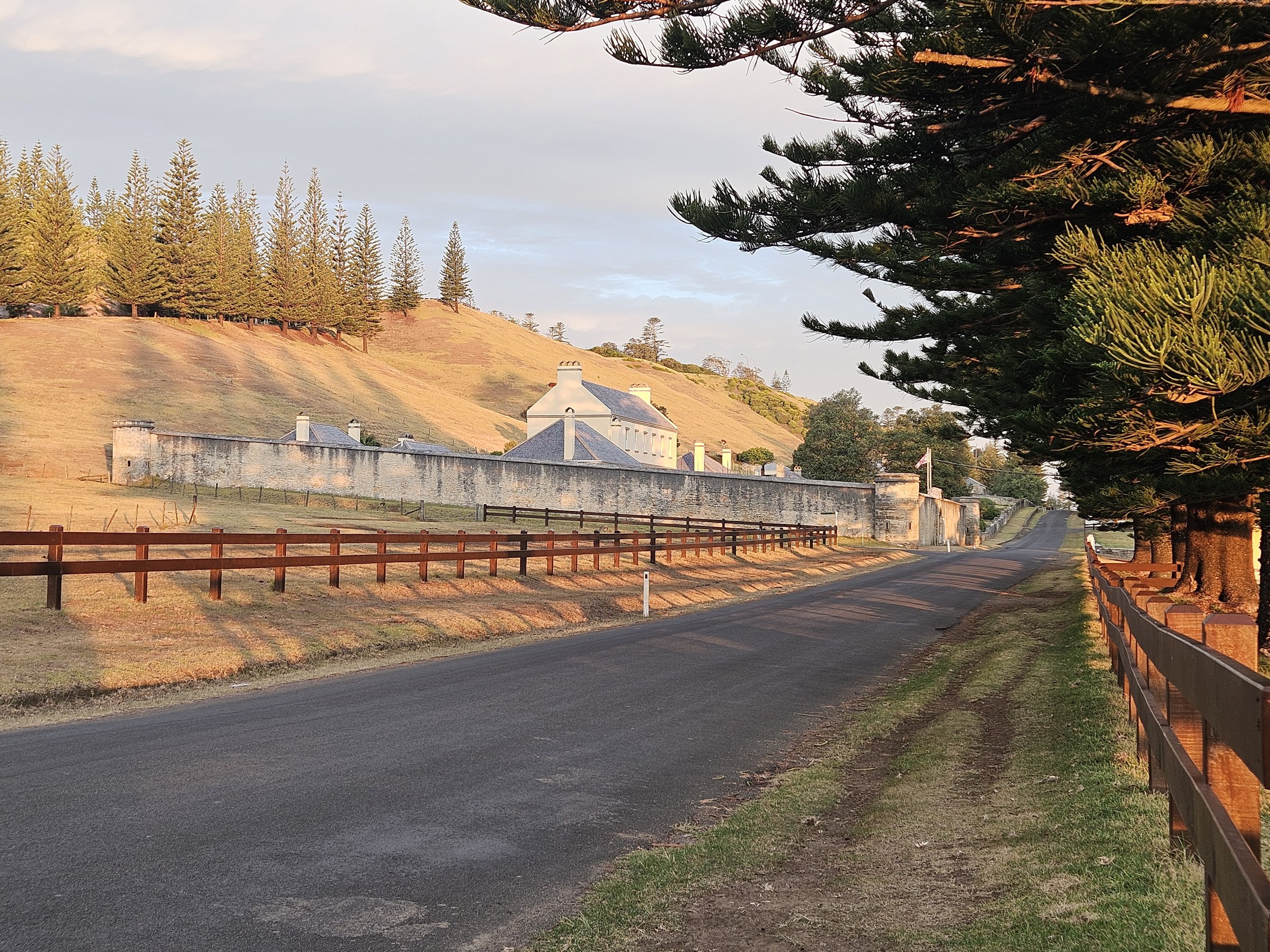Norfolk Island’s reef in 2025 – a year in review. From NOAA bleaching alerts and the UN Ocean Conference ‘Warning Signs’ series to post-drought coral recovery and a wet winter revealed in long-term rainfall records, this post captures the wins, losses, and shifting baselines beneath the lagoon. Includes reef photos, highlights from Reef Relief, and standout stories from 2025 – from coral health and disease to boxfish biomimicry, sea urchins, nudibranchs, and heat-stress signals in anemones.
Read MoreQuality Row, Kingston, Norfolk Island, January 2025. The year began deep in drought.


